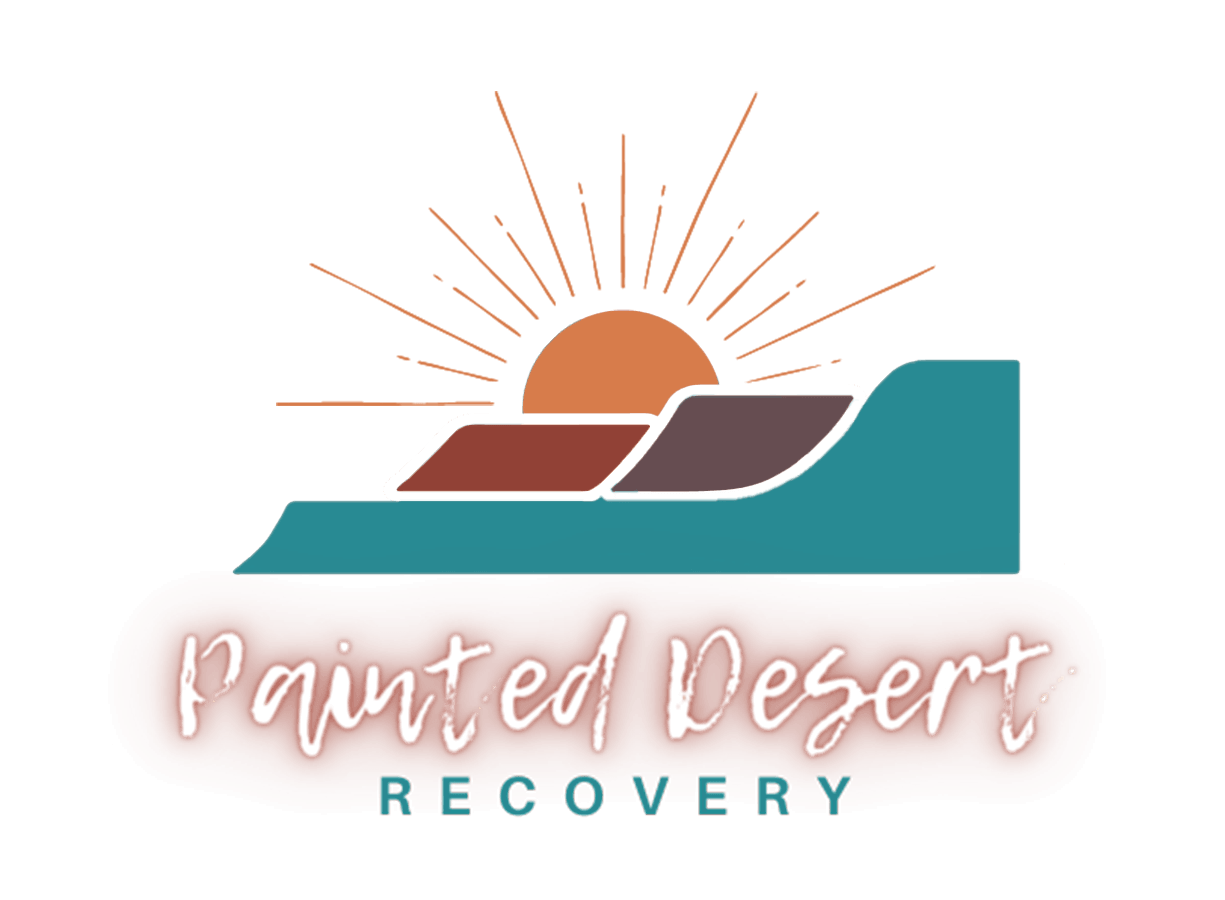The effects of trauma can be lifelong without proper treatment. Sufferers may contend with fearfulness, angry outbursts, chronic anxiety and depression, and insomnia. This greatly increases the risk of developing addiction since self-medication is a popular response to dealing with trauma. You can heal from a painful past and substance use disorder concurrently with trauma therapy for addiction recovery.
At Painted Desert Recovery, we treat the whole person with a comprehensive approach to recovery. Our holistic trauma-informed recovery programs combine trauma therapy with addiction treatment so that women can enjoy a life-changing healing experience. If you or someone you know is suffering from trauma-related addiction, call us at 844.540.0357 to get the help you need for lasting recovery.
What Is Trauma Therapy?
Trauma therapy is similar to other types of therapy since it helps you work through problems in your life, but it is approached a bit differently. Trauma results from a stressful event or a string of stressful experiences that have left you feeling anxious, depressed, or fearful.
There are several different types of trauma therapy:
- Trauma-focused cognitive-behavioral therapy (TF-CBT) – Cognitive-behavioral therapy (CBT) is one of the most frequently used forms of therapy for those with mental health conditions or addiction. It is designed to help you address unhealthy thought patterns that keep you stuck in a negative cycle of behavior. TF-CBT focuses on your thoughts surrounding the traumatic event affecting your current behavior and helps you reframe those thoughts to minimize their impact on your well-being.
- Exposure therapy – This may be an extension of TF-CBT sessions that delves deeper into the traumatic event to face your fears. A counselor may have you either imagine the event in detail and talk through it, undergo a virtual reality exposure, or visit the location that triggers you. The idea is to learn how to use relaxation techniques to calm your mind and body in the presence of triggers so they will slowly lose their power over you.
- Eye movement desensitization and reprocessing (EMDR) – EMDR is a newer form of therapy found to provide relief from trauma in significantly less time than traditional psychotherapy. The philosophy is that your mind can heal from trauma on its own unless something blocks it from doing so. EMDR is designed to remove that blockage so that you can heal. A therapist will have you talk about the traumatic event and pull a specific memory from that experience for you to focus on. They will then have you follow their hand movements as you continue thinking about that memory. As your therapist guides you through strategic eye movements, you will begin to process the trauma so you can heal.
How Can Trauma-Informed Therapy Help You Heal from Addiction?
The philosophy behind using trauma-informed therapy to help you heal from drug and alcohol addiction lies in its ability to treat the root cause of your addiction. For many people, self-medication is their way to numb the painful emotions they cannot seem to rid themselves of. By working through painful events from your past with trauma therapy, you can begin to heal and move on.
Trauma therapy can help you heal from addiction by:
- Decreasing symptoms of anxiety and depression
- Desensitizing you to your memories of the traumatic event
- Helping you develop strong coping skills to deal with future stress
- Releasing the hold that trauma has had on your mind and body
- Changing how you respond to triggers, so you do not choose self-medication
When you are no longer plagued by the mental and physical effects of past trauma, it will be much easier to stay focused on a happy, healthy recovery.
Begin to Heal with Trauma Therapy for Addiction Recovery at Painted Desert Recovery
You deserve to feel safe. The trauma therapy programs at Painted Desert Recovery are created with women’s comfort in mind so that you can heal from painful memories in a safe, welcoming environment. When you are ready to leave trauma and addiction behind, give us a call at 844.540.0357 or complete our convenient online form.







